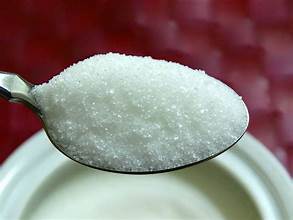In a world where health consciousness is on the rise, many individuals turn to side effects of sweeteners as a seemingly guilt-free alternative to sugar. Marketed as a solution for weight management and diabetes, these sugar substitutes have gained popularity in a variety of products, from diet sodas to low-calorie snacks. However, the sweet truth is that artificial sweeteners come with their own set of side effects that may raise concerns among consumers.
- Metabolic Impact:
One of the primary reasons people opt for artificial sweeteners is their low-calorie content. While this may seem like a win for weight management, studies suggest that artificial sweeteners can disrupt the body’s ability to regulate calorie intake. The brain receives conflicting signals when sweetness is detected without the accompanying calories, potentially leading to overeating and weight gain in the long run.
- Altered Gut Microbiota:
Our gut is home to a vast community of microorganisms that play a crucial role in digestion and overall health. Research indicates that artificial sweeteners can negatively impact the composition and function of gut microbiota. These changes may contribute to metabolic disorders, inflammation, and an increased risk of obesity.
- Sweet Tooth Dilemma:
Contrary to their intended purpose, artificial sweeteners might actually intensify cravings for sweet foods. By tricking the brain into expecting a surge of calories with sweetness, these sugar substitutes may create a cycle of increased desire for sugary treats, leading to potential overindulgence.
- Risk of Insulin Resistance:
Artificial sweeteners may influence insulin sensitivity and glucose metabolism. Some studies have suggested a link between regular consumption of these sugar substitutes and an increased risk of insulin resistance, a condition associated with type 2 diabetes.
- Potential Neurological Effects:
While research is ongoing, there are concerns about the impact of artificial sweeteners on neurological health. Some studies suggest a potential association between certain sweeteners and an increased risk of headaches, migraines, and other neurological symptoms in susceptible individuals.
- Digestive Discomfort:
Artificial sweeteners can cause digestive issues in some people, including bloating, gas, and diarrhea. Individuals with sensitive digestive systems may find that these sugar substitutes exacerbate existing gastrointestinal problems.



